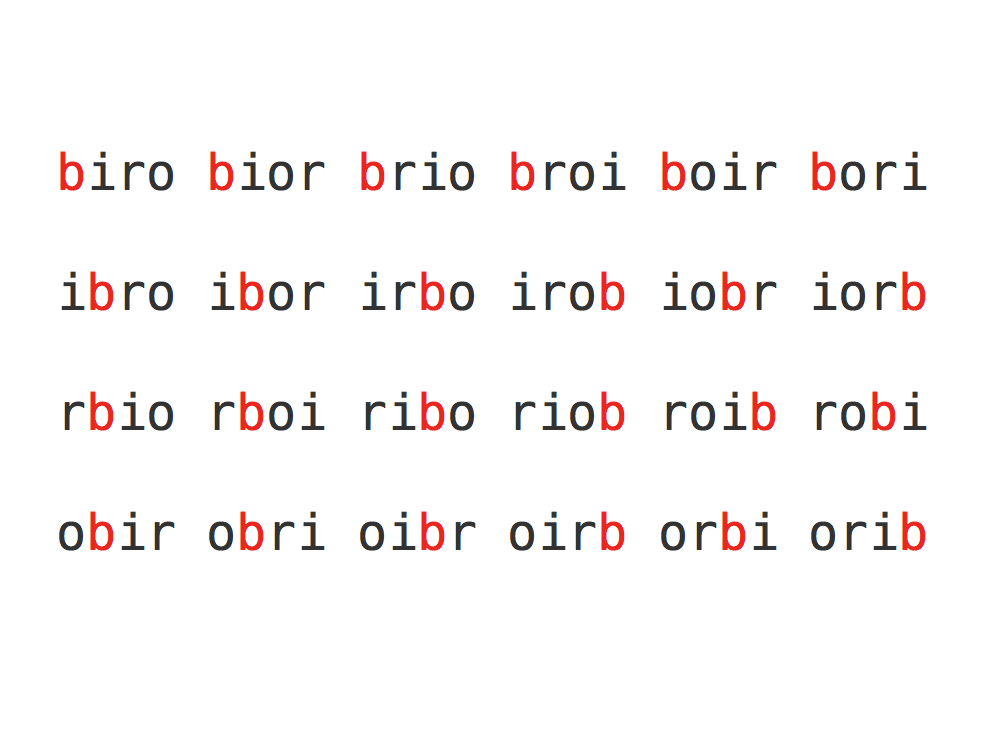Single Total With Params (|A|) x
We move on to the next in our series on Active Patterns, but this time we’re really just covering a slight modification to the Single Total pattern that we covered in the last post. All the same rules apply, we’re just adding the ability to add parameters to the Active Pattern. I say ‘parameters’ but in reality I mean ‘additional parameters’. Every Active Pattern has at least one parameter. The ‘x’ in ‘match x with’ has to go somewhere.




